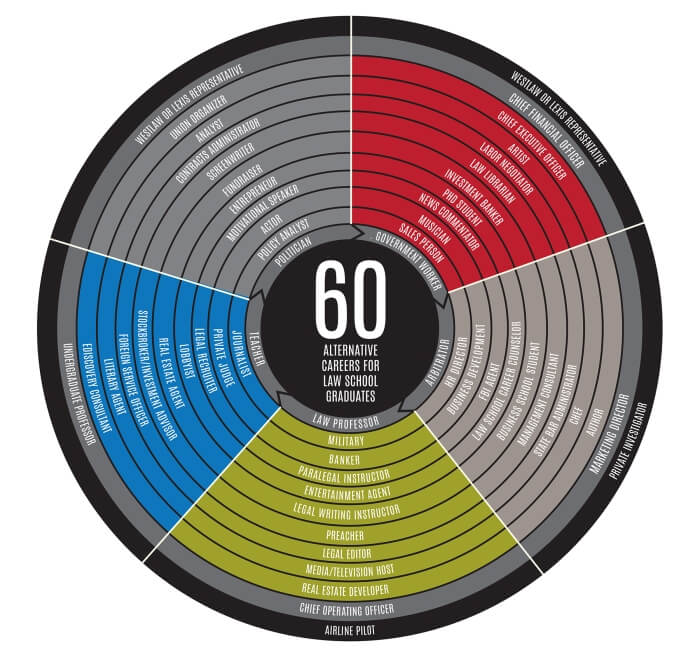Corruption is a systemic problem that often faces societies when markets are rather unregulated and are still in the high growth phase. In the Asian and emerging markets, corruption is the rule rather than the exception for business transactions and operations across the board. While Americans may feel taken aback at the situation, and certainly the Germans may cringe, this practice of greasing palms, or of paying to “expedite” things is as close as Mexico or as common as pharmaceutical kickbacks or bar buybacks. Under different guises the problem raises its head over the span of 7 continents.
China’s President Xi, according to Bloomberg, wants nothing more than to move beyond this pesky problem and to nip this issue at the bud. President Xi is taking the issue into the deepest reach of the Politburo committee, sending a message that the government’s favorites are not going to be protected any longer. “President Xi is trying to unwind a culture of bribery and graft that has hurt the government’s legitimacy and jeopardized economic growth.” William Overholt, a senior fellow at Harvard University and president-elect of the Fung Global Institute in Hong Kong, comments, “For the first time, corruption has reached a scale that threatens to undermine economic efficiency.”
Graft and corruption drive up the cost of doing business and it lowers investment returns from ventures which can’t have credible or reliable numbers. Much of the transactions that happen in these corrupt practices are ‘off balance sheet’ items. As a result, investors cannot faithfully invest in areas where the numbers are dubious. Especially not with millions of dollars.
High level government officials are being targeted and will definitely have some penalties for graft. This move by president Xi is a positive sign to investors globally that China will engage in economic reforms that will help its growth. It also positively affects the world’s outlook on China. As the world’s second largest economy, this is a bold and positive step for the middle kingdom.
Image credit: Bloomberg













































